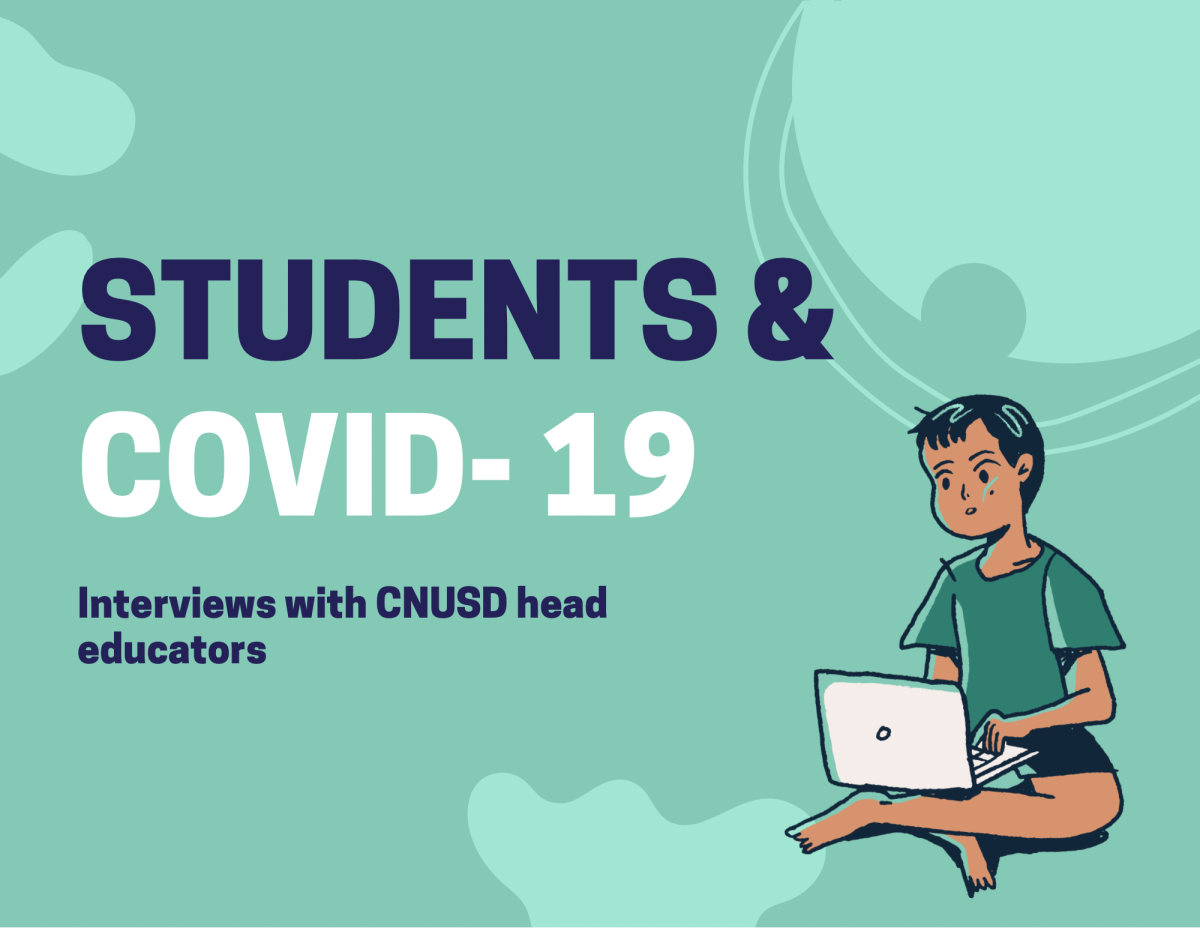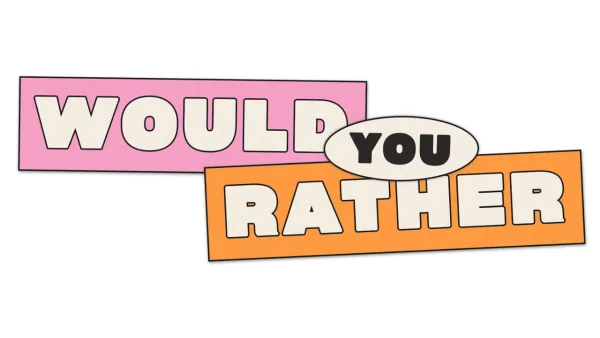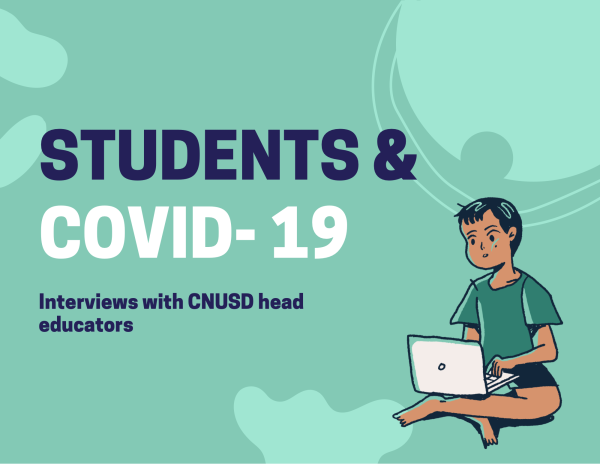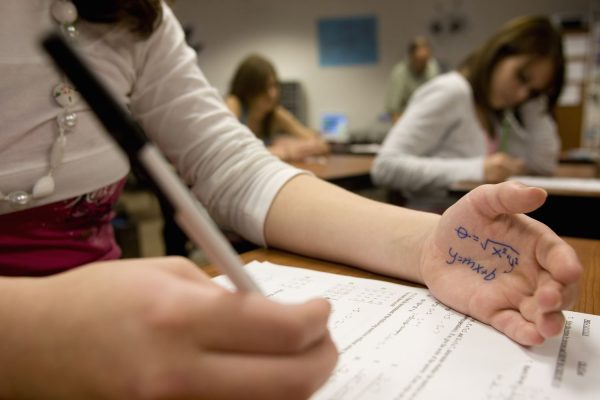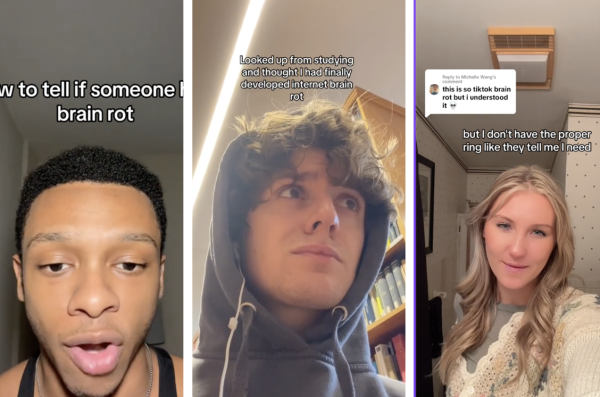School Doesn’t Prepare You For Life

Exterior view of a typical American school building seen on a spring day
May 9, 2022
The high school education program hasn’t always been the greatest. Sure, the education students receive is profound, but why does it not prepare students for things that truly matter in the real world such as how to create a resume, file taxes, budget, cook, or how be independent? It gives students the foundation they need to grow as people and make everlasting friendships and relationships that they will grow and hold on to, but the education portion can use improvement. Schools do not prepare students to do things outside of the classroom like giving you a basic understanding and foundation of the curriculum and giving students a feel of how college would be–stimulating assignments– through dual enrollment and AP classes. The school has great intentions, but as a senior at Santiago High School stated, “the executions of these intentions is where the line is cut short” and numerous other students also agree.
How does school not prepare students?
The high school education program is fantastic, especially if you take AP classes, it’s more in-depth and teaches students what college would be like. But what about after high school and after college? School fails to teach kids how to pay off mortgages. The School curriculum has four years of math, it can also add in budgeting, taxes, and how to pay off debt. It’s not unreasonable and a great number of students would enjoy learning in those classes. Although school teaches students problem-solving skills, they do not make those skills applicable to the real world, those situations are not applicable towards adulthood. It’s not just about learning grammar, history, and math, school also needs to teach students how to thrive in adult life because far too many students make too many minor mistakes that could have been prevented if the education program showed students how. Although teachers cannot teach what is not being offered, it’s a worldwide problem. Many students do not feel prepared for what life has to offer. Yes, it is not up to the teachers, but up to the curriculum, students just do not feel prepared whatsoever to step into the real world after high school and after college.
How can school prepare students?
Now it comes down to how the education system can further prepare students for the life after high school and life after college. It can provide enjoyable classes like home economics, everyone enjoyed that class when they were in middle school and it provided a basic knowledge of learning how to cook which is a life skill acquired in life. Instead of physical education, students can take budgeting, financing, or even tax classes, they seem boring, but students would get a better understanding and foundation of how to save money and pay off debt. Physical education isn’t useless, it has a purpose, but numerous other classes can further expand students’ knowledge. There should be more hands-on learning and career talks. The majority of high schools only talk about career choices a few times throughout the school year, there should be more so students can know what they are getting into before they get into it. Some so many students switch their major or go undecided while walking into college, it’ll be helpful for students.
Students’ Perspectives
A senior has stated, “…school gives you the foundation that you need to evolve and grow as a person, I just think where school fails is in the actual education part because students fail to learn anything”.
Teachers’Perspectives
Many teachers whom I interviewed had mixed emotions and thoughts. Overall, they have said yes school does prepare students for life beyond high school and college, but they can do a better job of getting students there.
A fellow AP history teacher at Santiago High School stated, “I think the education system gives students needed skills like time management, organization, how to work under pressure, and how to work with others. What the education system needs to do better at is teaching students life skills like how to do a monthly budget, how to apply for and use a credit card, how a mortgage works, and so on. There are classes that teach these skills but they are not taken by all students,”. A counselor at Santiago High School agreed! He believes, “…that there is room for improvement. I would love to see the math course “Financial Algebra” become a graduation requirement because this course teaches students how to manage their money and make smart financial decisions,” which most students do agree with.
Those “life skill” classes aren’t a requirement and the high school education program needs to do a better job of implementing those requirements. Now some teachers feel as if school is too lenient with things such as tardies. A language arts teacher spoke out and said, “many of the school policies are too easy on students. In many ways, we are too lenient- with tardies, absences, late work, stuff like this. We coddle students, we baby them. This causes many of them to not be prepared for college or job life. A boss isn’t going to care why you are late- only the fact that you are late. If you are late too many times, you will be fired. We don’t have any consequences for students in school. What are we teaching students by allowing this?”. There are numerous things that high schools can do to better prepare their students, not only for college but the life after it.
So, although school helps students grow to become better people, and build important bonds with people they will remember for a lifetime, which are important things to acquire, it doesn’t help people to acquire life skills that are needed overall. It isn’t the teachers’ fault that students don’t feel prepared enough for the real world, but it’s the education program and how it is portrayed to kids.







